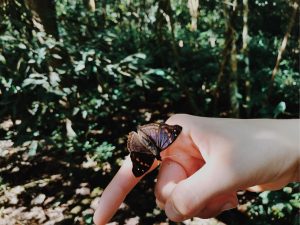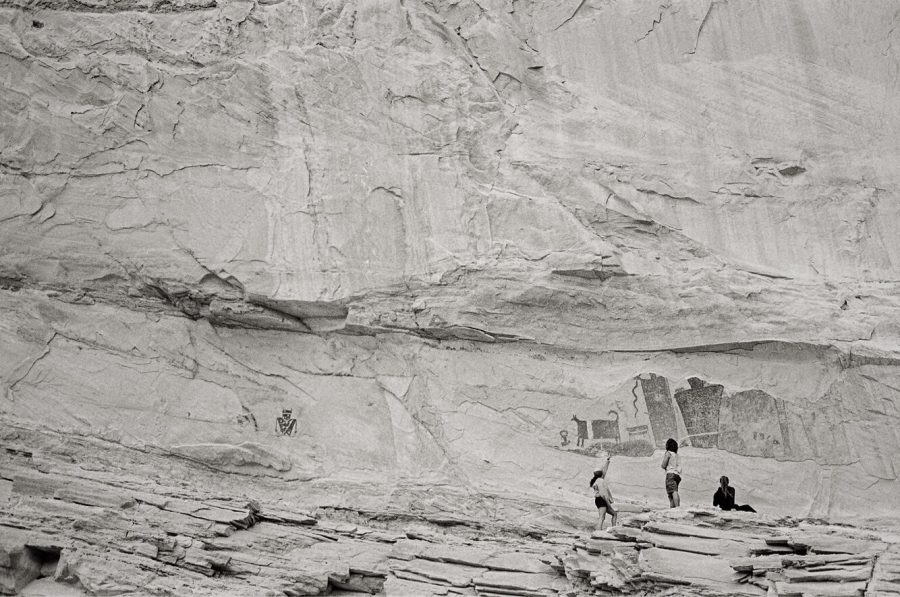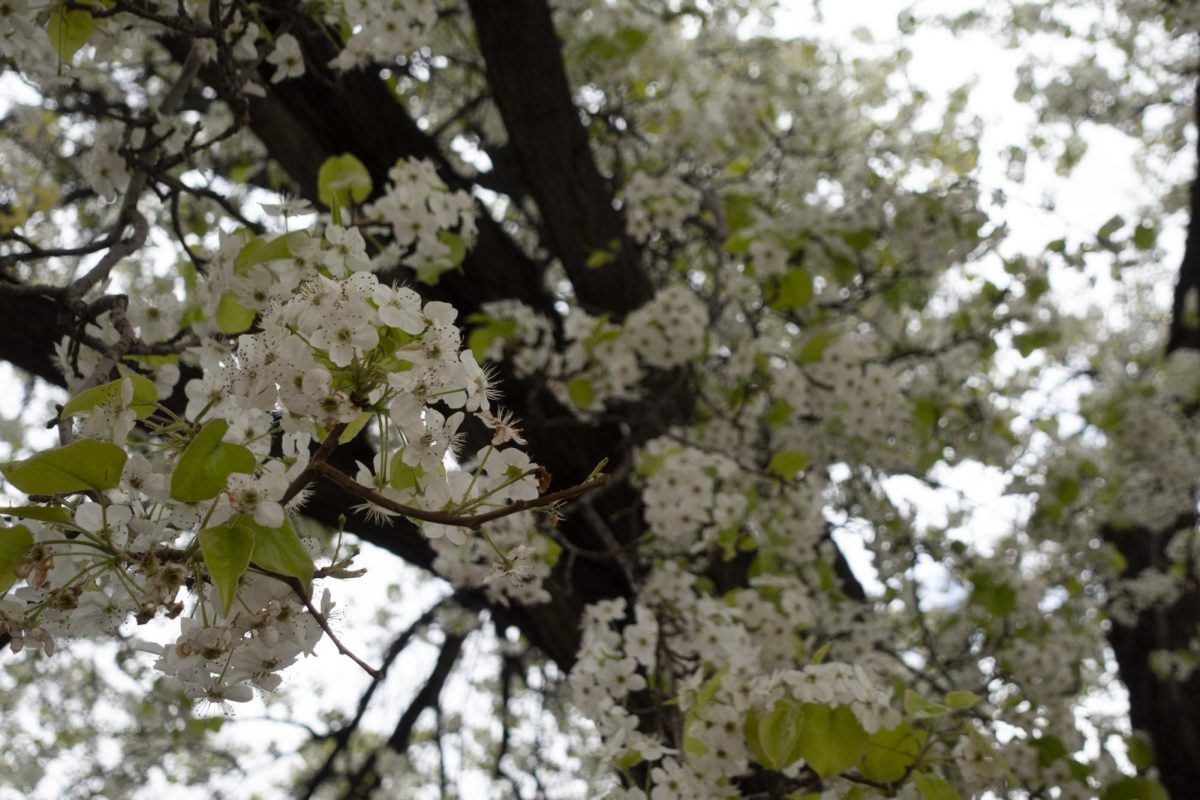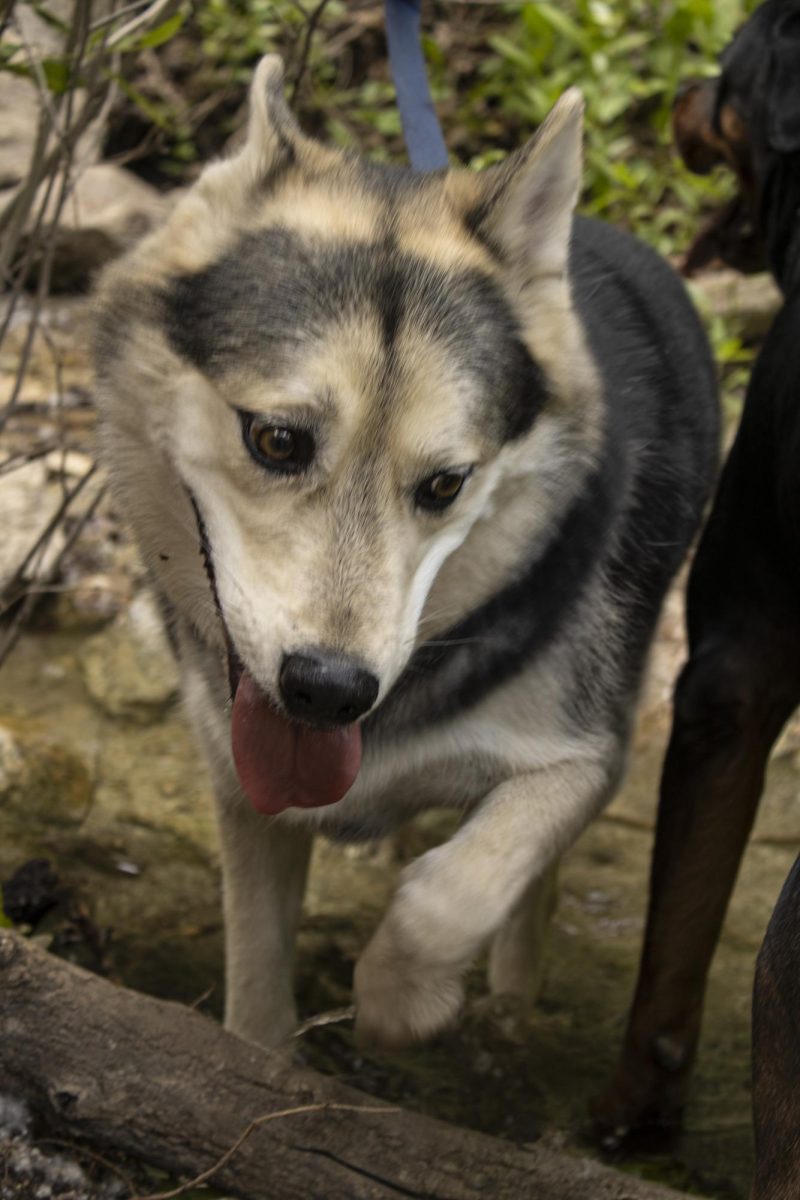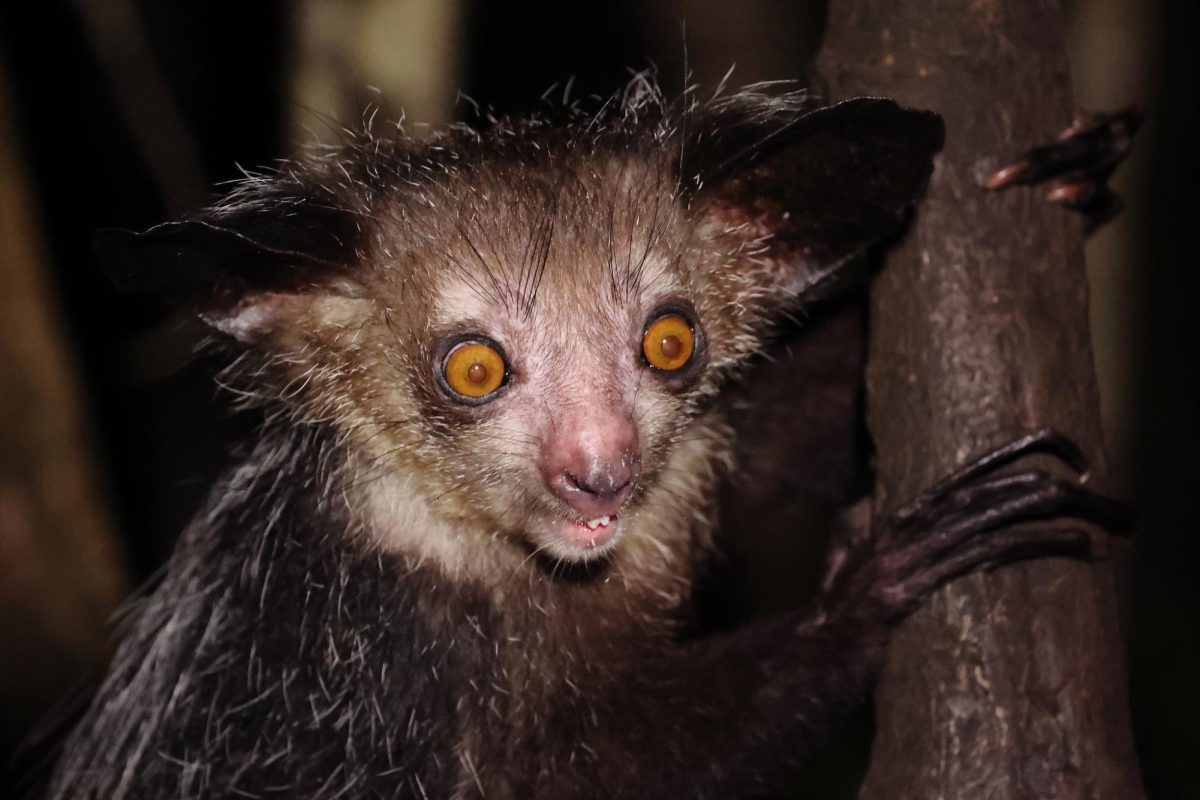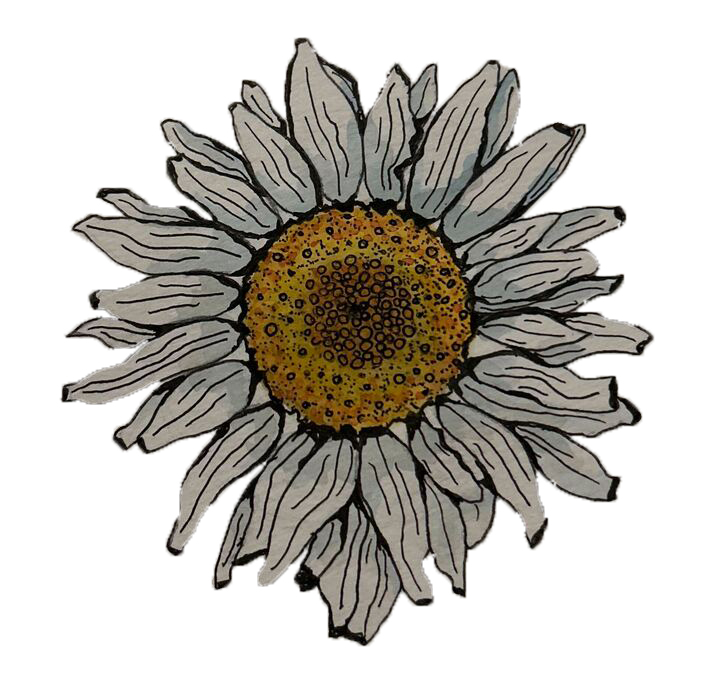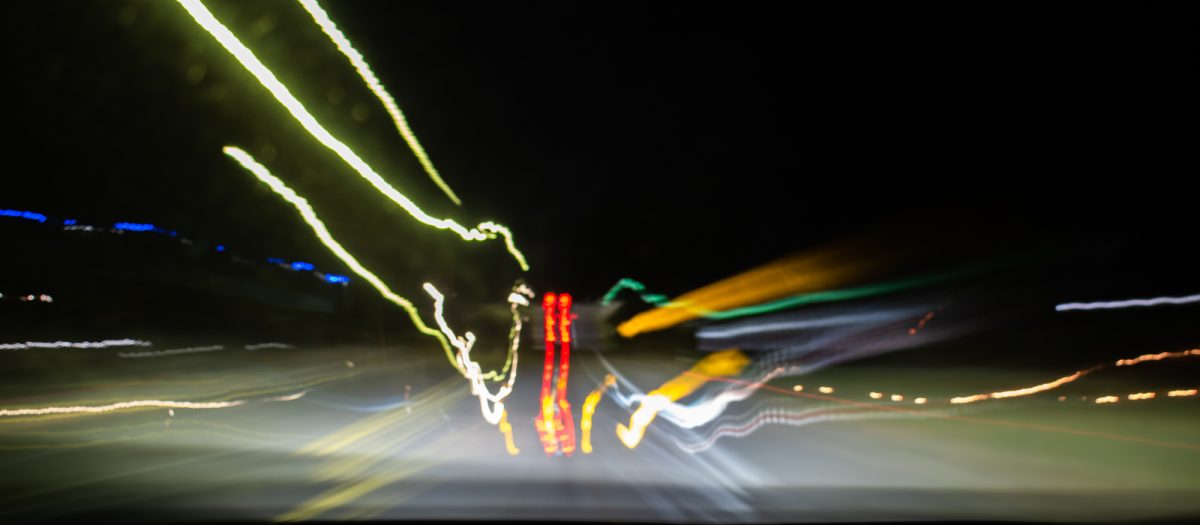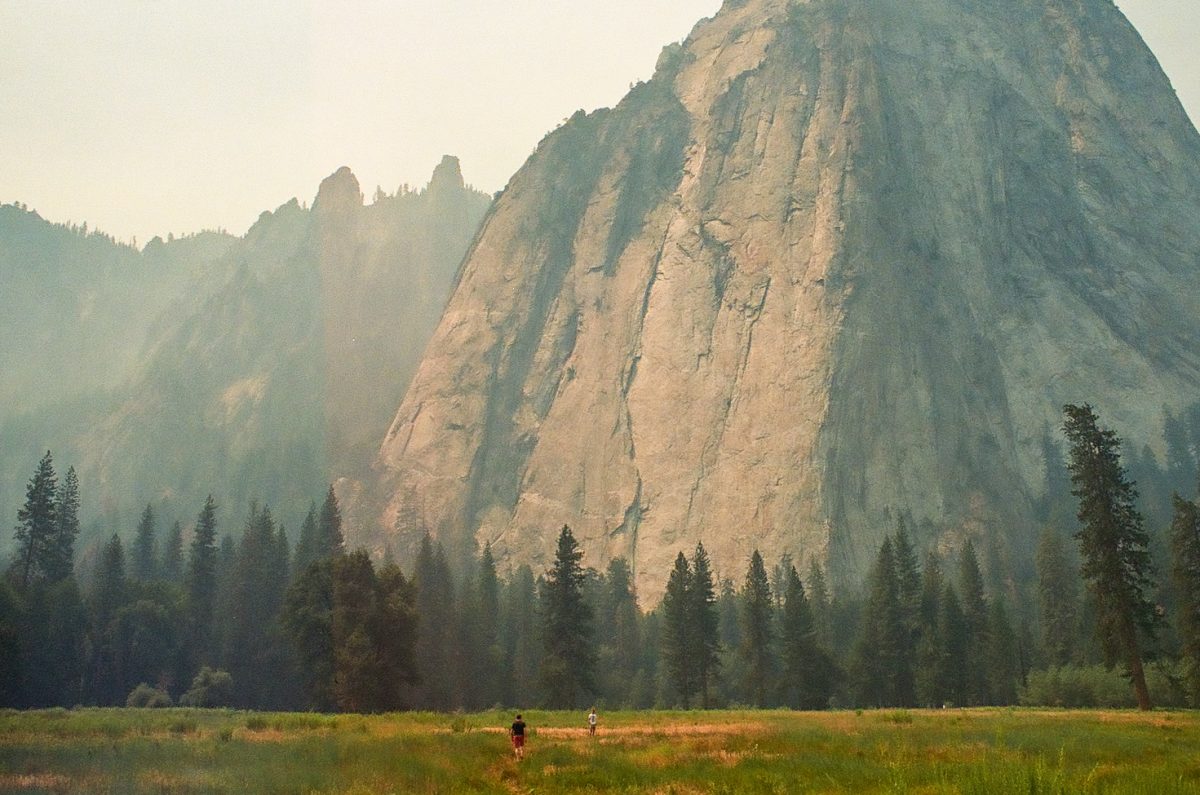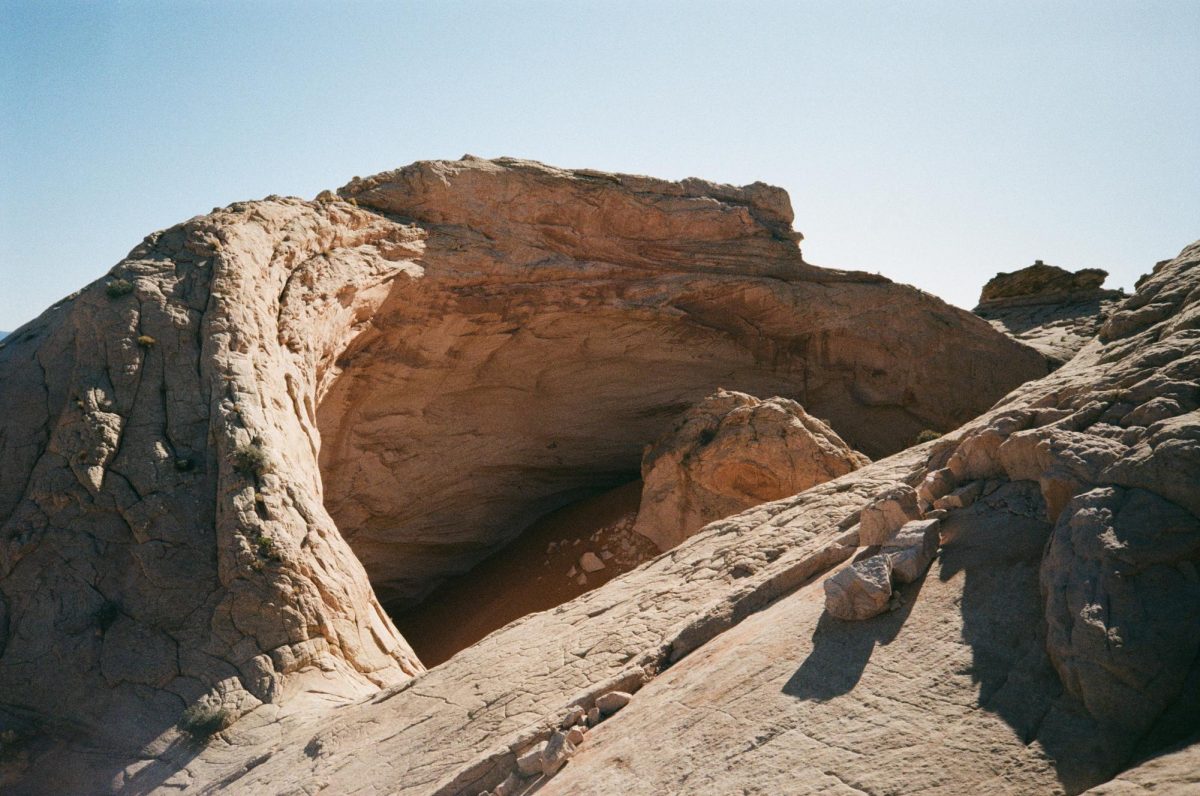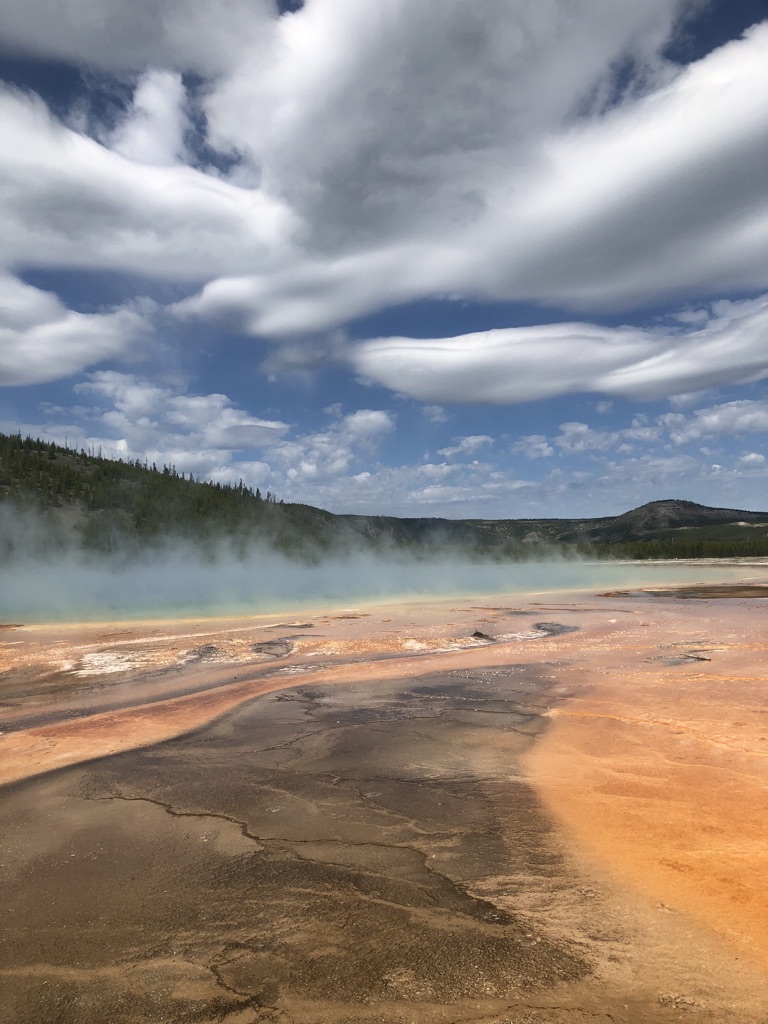Decolonizing Our Relationship With the Land
November 14, 2020
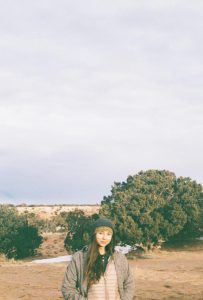 My name is Jamie Goetz and I am of mixed European and Lakota descent. I am currently finishing up a double major in outdoor adventure programming and archeology with a minor in ecology. My work primarily focuses on decolonization through our relationship with the land, which I believe affects our lives physically, spiritually, mentally and emotionally.
My name is Jamie Goetz and I am of mixed European and Lakota descent. I am currently finishing up a double major in outdoor adventure programming and archeology with a minor in ecology. My work primarily focuses on decolonization through our relationship with the land, which I believe affects our lives physically, spiritually, mentally and emotionally.
Within the Lakota culture is the saying “Mitakuye Oysain,” which roughly translates to “all my relations.” This saying, or prayer, acknowledges the interconnected relationship of our being with all the life and spirits around us. When I consider our relationship to land in the context of outdoor recreation, I find it to be in a toxic — if not greatly abusive — state.
Let’s begin by recognizing what it means to be in a relationship. There needs to be healthy and consistent communication, apologies for past wrongs, growth, mutual respect, reciprocity and freedom to live a healthy and happy life, to name a few. Deeply consider this in the context of your relationship with the land as an outdoor recreationist.
While I am not here to tell others how they should connect with the land, nor am I suggesting my reflections and visions are the right or only approaches, ultimately, the way we take care of each other and the land is at the core of our community, or at least it should be.
Below are my reflections on both small and large-scale actions to take both personally and as a community, so we can begin decolonizing our view of land.
- We need to go beyond “acknowledging” the stolen lands we recreate on and begin to respect these lands, their sacredness and their sacred sites.
- Recognize and respect that indigenous communities have a deep connection with and should be allowed stewardship of the land. When asked to not climb, recreate, etc. on or in certain places — i.e. “Devils Tower,” Mato Tipila or Bear Lodge — respect these requests. Simultaneously, recognize that the work of land stewardship is everyone’s responsibility.
- We are gifted with so much from the land, so what are we going to give back? We need to build a healthy, sustainable relationship based on reciprocity — receiving and providing.
- Recognize that there are many ways to connect to the land and recreate that do not involve peaks, lack of makeup, muscles, a beard or thousand-dollar gear.
- Outdoor recreation and connection should not have to be understood as a privilege but as a basic human right and need. The fact that the industry is so sexist, homophobic, racist, capitalist and ableist is deeply troubling and needs to change.
- Offer, pray and talk to and with the rock, trail, water, etc. before we touch them. Sadly, there are deep connections between how our society treats women and how we treat the earth. Within both areas, we need to move toward a culture of consent and care rather than exploitation.
- We need to breakdown the toxic masculine culture in the community. We should think less of “conquering” routes, obsess less with grades and focus less on “peak bagging.” Instead, we should think more about our connection to the land, each other and ourselves, as well as the process, effort and joy that we gain. One way I have begun practicing this is by stopping before I reach the end of a hike. I go into the hike with connecting to the land being my only goal.
- Reframe our understanding of land. Instead of thinking of it as a “resource,” think of it as kin, a relative.
- Recognize that there is no such thing as an authentic “climber,” “mountain biker,” “backpacker” or other titles. There is no grade to reach, body type to attain, route to send, trail to finish, gear to collect or mold to fill.
- Stop worshipping strong, white, cis-gender, able-bodied men.
- Honor having fear rather than “conquering” it.
- Welcome all communities of people, support each other, mentor each other and take care of the babies and elders.
“Knowing you love the earth changes you. It activates your will to defend, protect and celebrate. But when we feel the earth loves us in return, the feeling transforms the relationship from a one-way street to a sacred bond. You do not want to harm what loves you. The ultimate reciprocity; loving and being loved in return.” -Robin Kimmerer, “Braiding Sweetgrass”
We know the earth is being hurt. We also know that as recreationists, we deeply love her. Let’s make sure we are not just using her for our own pleasure but engaging in a sacred and reciprocal relationship. This relationship has the potential to heal far more than we can imagine.
Wopila for this space,
Jamie Goetz
Mitakuye Oyasin.
